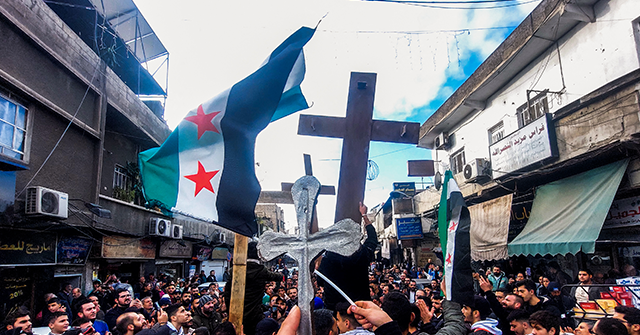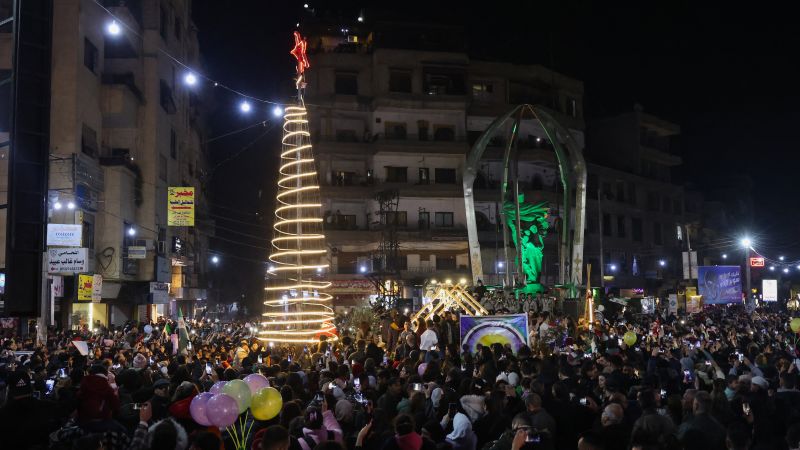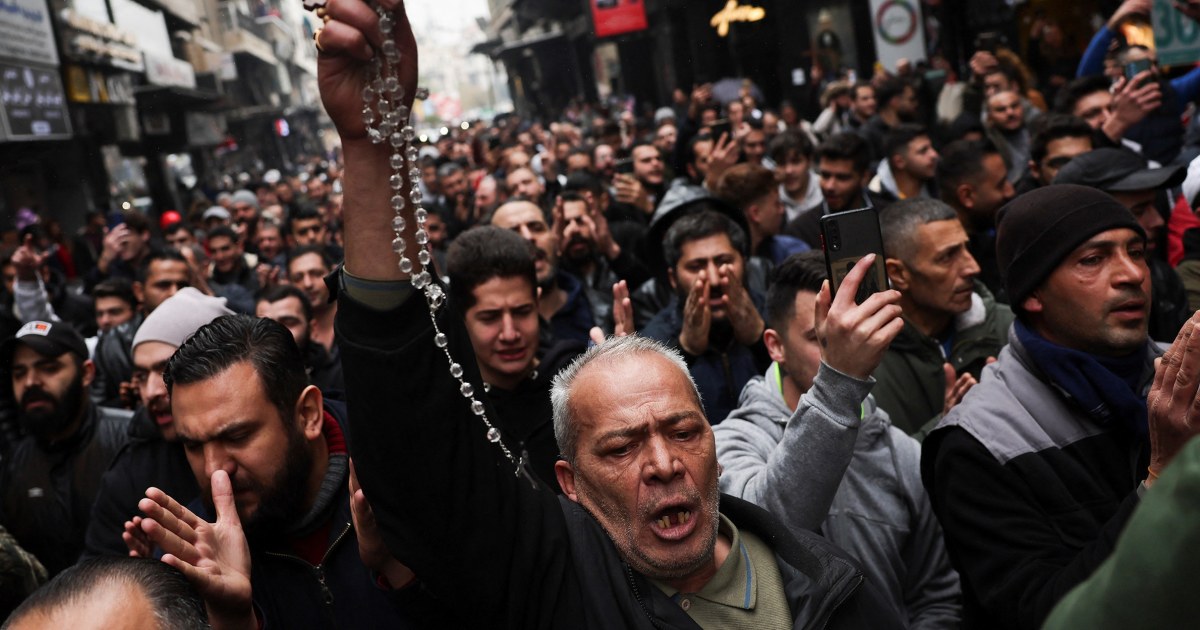Syria's De-Facto Leader Says Elections Could Take Four Years

The Spin
Narrative A
Syria's path to democracy remains fraught. The leading rebel group HTS, with its roots in al-Qaeda, explicitly rejects democratic principles and enforces strict Islamic governance. While activists dream of an open society, Syria's history of coups and instability, coupled with deep ethnic and religious divisions worsened by years of civil war, suggests a challenging journey ahead for a nation that has never known stable democracy.
Narrative B
There's a palpable sense of possibility in Damascus. Opposition figures and civil society leaders are preparing to return home with years of experience in democratic governance and community building. Despite HTS' Islamist roots, activists believe Syrians won't accept new forms of tyranny after their immense sacrifices. This moment represents a precious chance at renewal for a nation that has endured decades of oppression.
Metaculus Prediction
There's a 50% chance that Syria will no longer be classified as being in a state of civil war by August 2027, according to the Metaculus prediction community.





